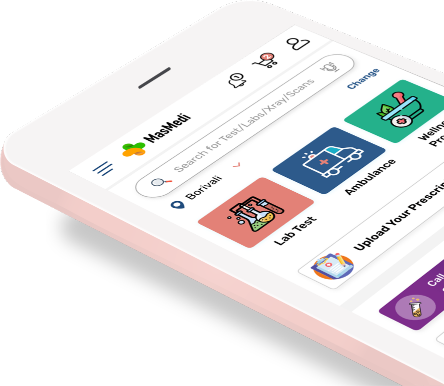Gender
Age Group
Male/Female
All Age Group
Urine:- Its used to detect and manage a wide range of disorders, such as urinary tract infections, kidney disease and diabetes. A urinalysis involves checking the appearance, concentration and content of urine. For example, a urinary tract infection can make urine look cloudy instead of clear. Stool:- It may sound gross, but paying attention to your bowel movements is actually pretty important. Your bowel habits are a strong indicator of your digestive health. Changes in the color, shape and texture of your stool can reveal signs of infection, digestive issues or more serious health problems, such as cancer. Pus:- When the body detects an infection, it sends neutrophils, a type of white blood cell, to destroy the fungi or bacteria. During this process, some of the neutrophils and tissue surrounding the infected area will die. Pus is an accumulation of this dead material. Other Body Fluids:- The important functions of body fluids include: The body fluids facilitate the transportation of oxygen and nutrients throughout the body and remove waste from the body. They help in regulating body temperature. They maintain an efficient metabolism of the body.
Culture and Sensitivity includes 4 Test(s)
best labs
Option Near Youlab comparison
As per your budgetAffordable
Price GuaranteedUNBIASED ADVICE
On LabsSUNDAY LAB
Labs available on SundaysTracking health status made easy with the app. Now available on both Google Play Store and App Store. Book health tests and access your smart reports and health trackers anytime anywhere.
